Fear
08/10/2011 11:59:24 AM
The Hassidic saying attributed to Rabbi Levi Yitzkhak of Birditchev, kol haolom kulo gesher tzar meod v’ha-eekar lo l’fakhed klal/The whole world is a narrow bridge but the essence is not to be afraid, has been running through my head a lot lately; it’s hard not to be frightened by all the economic and political turmoil. I can’t be the only one fighting back apocalyptic thinking that the end of life as we know it is just around the corner.
Fear is “the enemy” on almost every level. Fear causes a cascade of physiological reactions that can be debilitating. When we are afraid, various parts of the brain signal the nervous system and organs to prepare to take action. The pupils of the eyes dilate and the bronchiols in the lungs dilate to admit more oxygen, hairs stand on end, heart rate and blood pressure rise to supply the body and brain with fuel. The liver begins to break down sugars for quick energy, blood vessels in the skin contract causing chills and sweating, the spleen pumps out white blood cells in case there is an injury, stomach and intestine enzymes secrete, muscle activity needed for digestion stops, and blood vessels in the stomach and intestines contract to divert blood to the muscles.
The bladder and colon prepare to empty, the central portion of the adrenal medulla floods the bloodstream with adrenaline, breathing quickens. The entire body is in a state of high alert….” (Source: The Anatomy of Fear, Moment of Science, Indiana University web site.)
The anatomy of fear validates what we feel – “freaked out” or “overwhelmed” or simply “scared, frightened to death!” We may become like a “deer in the headlights” immobilized, unable to think or act consciously. Meanwhile, we are burning a hole in our gut, raising our blood pressure and who knows what else!
What to do? How do we cope with our fears in an especially fearful time?
Hear are two responses drawn from Jewish Tradition:
Rabbi Isaac Abravanel (1437-1508) lived through the Spanish inquisition – he knew a thing or two about fear. His teaching about fear comes from his commentary on the book of Genesis, specifically, the story of Jacob and Esau. His question is why was Jacob afraid of his brother if he knew that God was with him? His answer is, “It’s human to be afraid and to act out of fear” – run, hide, fight, etc. He distinguishes between feeling afraid and acting out of fear and acting in spite of one’s fear. Usually when we act out, or someone acts out on us, it’s ultimately from a place of fear: fear of failure, of judgment, of being alone. This is human nature, argues Abravanel. However, there is a higher ground we humans can attain and that is when we act in spite of our fear.
The hero is not fearless; the hero is the person who acts in spite of her or his fears.
One other way to cope with fear that I want to offer is from the teachings of Rabbi Chayim Soleveichik, one of the greatest Orthodox thinkers of the 20th Century. He tells a story of a psychiatrist in his community who is ready to become baal teshuvah (a newly Orthodox Jew) except for one struggle, the concept of yirat hashem/fear of God.
As a psychiatrist, he knows “fear” is a bad thing and he wonders, given how important yirat hashem/fear of God is to Orthodox Judaism, he questions whether he can take on this traditional way of life.
This was the great Rabbi Soleveichik’s response : “I am not a psychiatrist, but I know that there is one great fear that pushes away all the smaller fears–fear of failure, of loss of money, of aging, of sickness, etc.—and that is fear of The Holy One, Blessed Be He…”
What does he mean by this? How can this work for us? First, let me say what he is not saying. He’s not saying, “just have faith…” What I think he is teaching is that one way to handle our fears is to place them in a bigger context – it’s not all about us. Even if it all goes wrong for us, there is a bigger picture that we are a part of, a higher order that we are connected to, that exists, has meaning and purpose beyond what does or does not happen to us.
His teaching reminds me of the lyrics of a song by Leonard Cohen which my friend and mentor Sylvia Boorstein has written on the inside of her siddur/payer book: Even when it all goes wrong I will tip my hat to The Lord of song with nothing but hallelujah on my tongue.
In this way, the higher fear – yirat hashem – can remove our lower fears, whether or not they are grounded in reality. There is a leap of faith required here but not that everything will be ok, or that God will take care of us. The leap of faith is that there is meaning in our lives, doing the right things matter, being kind is important, generosity is essential, regardless of what else happens to us along the way.
The whole world is a narrow bridge and the crux of the matter is not to be afraid but to learn to cope with our fears so that we can live our lives fully, courageously, lovingly, in spite of them.
Please read my sermon The Whole World is a Narrow Bridge

